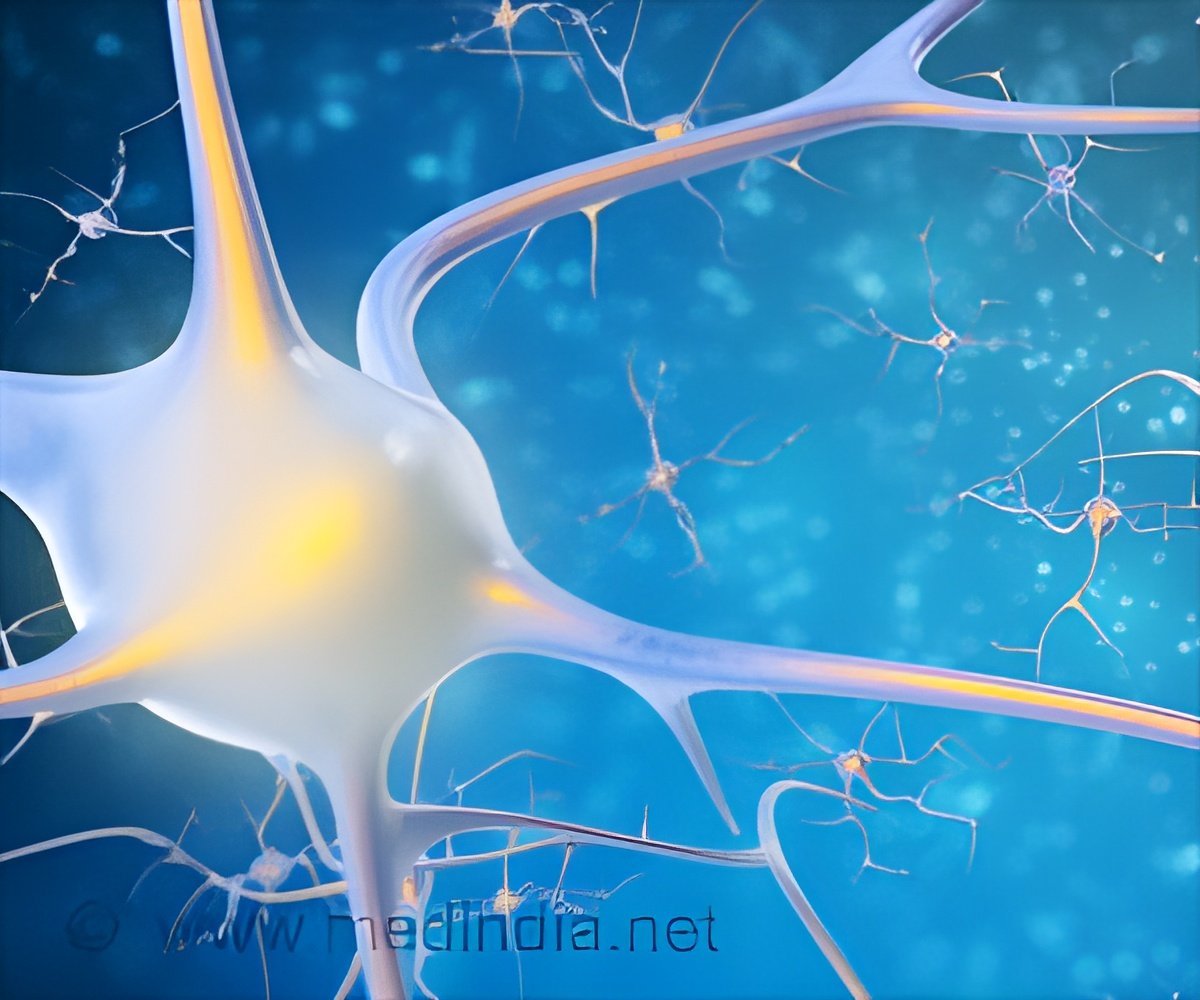Just seeing or hearing something is not going to help people remember it, according to Penn State psychologists.
Just seeing or hearing something is not going to help people remember it, according to Penn State psychologists. Researchers said that people might have to 'turn on' their memories in order to remember even the simplest details of an experience. They have named this finding as 'attribute amnesia' which indicated that memory was far more selective than previously thought.
Researchers pointed out that people's expectations play an important role in determining what they remember, even for information they are specifically using. The study suggested that individuals are better at remembering details when they anticipate having to recall them in the future. Attribute amnesia occurs when an individual uses a piece of information to perform a task, but was then unable to report specifically what that information was as little as one second later.
Investigator Brad Wyble said, "It seems like memory was sort of like a camcorder, if people don't hit the record button on the camcorder, it's not going to remember what the lens is pointed at, but if they do hit the record button, in this case, they know what they're going to be asked to remember, then the information is stored."
Researchers argued that this selective memory storage might be a useful adaptation because it prevents the brain from remembering information that is probably not important. They plan to continue with their research as they study whether people are aware of their own lack of memory.
The study appears online in the journal Psychological Science.
Source-Medindia










